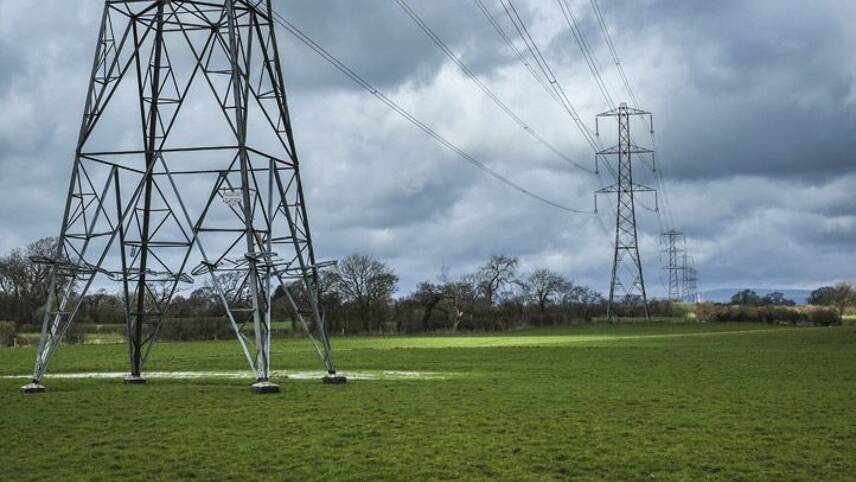Register for free and continue reading
Join our growing army of changemakers and get unlimited access to our premium content

National Grid has also pledged to spur the reduction of emissions that are outside of its direct control
National Grid’s net-zero target builds on an existing strategy to deliver a 70% reduction in greenhouse gas emissions by 2030 and an 80% reduction by 2050 for direct emissions from a 1990 baseline. The National Grid has recorded a 68% reduction to date.
The new target recognises the need to assist government and business on the transition to net-zero and National Grid will work to reduce gas pipeline leakage and electrify its fleet to help reach the target.
“All of the regions in which we operate have aspirations for a clean energy future, and we want to play our part in helping them get there,” National Grid’s chief executive John Pettigrew said.
“That’s why, as well as our own direct emissions, we are also committed to working with government and regulators in all the markets we serve to help them meet their own carbon reduction emission targets.”
National Grid has also pledged to spur the reduction of emissions that are outside of its direct control. The organisation will deliver energy efficiency programmes to help domestic households reduce consumption and will incentivise its supply chain to reduce the carbon impact of construction projects.
ESO 2025
The operating firm for National Grid – National Grid Electricity System Operator (ESO) – has claimed that the emergence and integration of new technologies mean that a zero-carbon electricity grid by 2025 would be feasible.
Outlined in a ‘Zero carbon operation of the electricity system by 2025‘ report, the ESO claims that new systems, products and services will be put in place over the next six years to support the transition to a decarbonised grid.
In 2018, ESO provided key services that enabled numerous firsts for the UK electricity system. Wind generation exceeded 15GW for the first time, for example, while the country also ran using no coal for 72 consecutive hours in 2018.
The year saw a record-breaking amount of new UK offshore wind capacity installed, while weekly and daily generation records were continuously smashed over a 12-month period.
The latest Government statistics revealed that the renewables share of generation reached 33% in 2018, an increase of 3.9% compared to 2017. Overall, low-carbon sources (renewables and nuclear) accounted for 52.8% of total generation in 2018.
Matt Mace


Please login or Register to leave a comment.